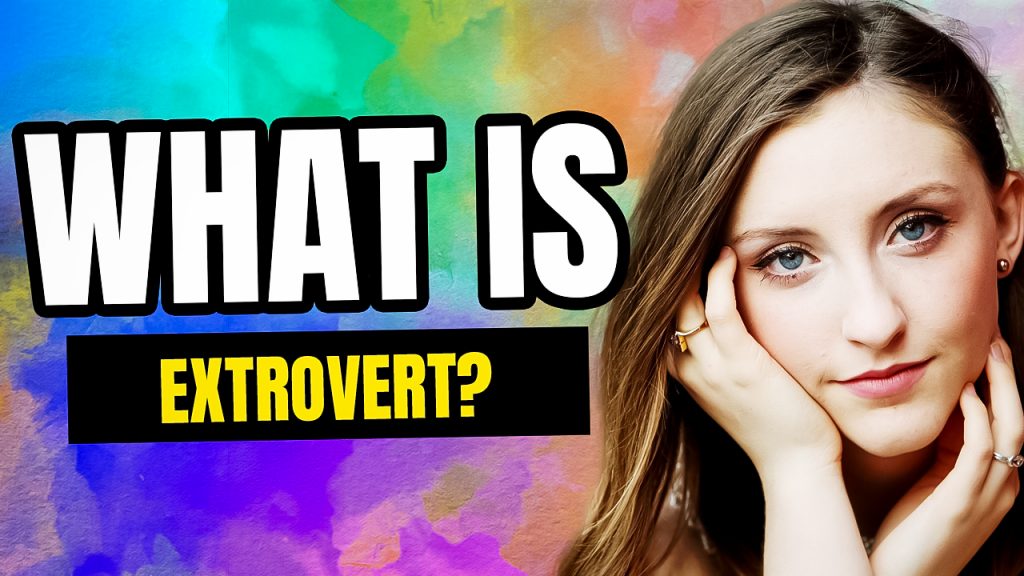
Extroverts are people who are often described as outgoing, gregarious, and sociable. They are individuals who are energized by being around others and thrive in social situations. While introverts often prefer solitude and recharge by spending time alone, extroverts draw their energy from being around people.
Extroversion is a personality trait that falls along a continuum. At one end of the spectrum are those who are highly extroverted, while at the other end are those who are highly introverted. Most people fall somewhere in the middle, with a mix of both extroverted and introverted traits.
One of the defining characteristics of extroverts is their sociability. They enjoy meeting new people and making connections, and they are often skilled at making small talk and building rapport. Extroverts are typically comfortable in social situations and enjoy being the center of attention.
Another characteristic of extroverts is their energy level. They are often described as high-energy and enthusiastic, and they tend to approach tasks and activities with a sense of excitement and optimism. Extroverts thrive in environments that are dynamic and fast-paced, and they often perform well in jobs that require them to be on their feet and interacting with others.
While extroverts are often viewed as outgoing and confident, it’s important to note that this is not always the case. Just like introverts, extroverts come in all shapes and sizes, and they may exhibit different levels of sociability and confidence depending on the situation.
For example, an extrovert who is new to a social group may feel shy or nervous at first, but they will likely warm up to the group quickly and become more talkative and outgoing as they become more comfortable. Similarly, an extrovert who is feeling tired or stressed may exhibit more introverted tendencies, preferring to spend time alone rather than socializing.
One of the challenges that extroverts face is the perception that they are always “on.” Because they are often the life of the party and enjoy being in the spotlight, extroverts may be seen as attention-seeking or self-centered. However, this is not always the case. Many extroverts genuinely enjoy being around others and want to make connections and build relationships, rather than just seeking attention.
In fact, many extroverts are highly empathetic and enjoy helping others. They may be drawn to careers in fields like counseling, teaching, or social work, where they can use their people skills to make a positive difference in the lives of others.
Another challenge that extroverts may face is burnout. Because they are energized by social interactions, extroverts may find it difficult to disconnect and recharge when they need to. This can lead to feelings of exhaustion or overwhelm, especially if they are constantly surrounded by people or in high-pressure social situations.
To avoid burnout, extroverts need to find ways to balance their social activities with rest and relaxation. This may mean taking time to engage in quiet, solitary activities like reading or meditating, or it may mean setting aside time for exercise or other physical activities that help them recharge.
It’s also important for extroverts to recognize that not everyone shares their love of socializing. Introverts, for example, may find large social gatherings overwhelming or draining, and may prefer smaller, more intimate settings. Extroverts can learn to respect and appreciate these differences, and find ways to adapt their social interactions to the needs and preferences of others.
Overall, extroverts are individuals who thrive on social interactions and enjoy being around others. They are often outgoing, high-energy, and enthusiastic, and they may be drawn to careers that allow them to use their people skills to help others. While there are certainly challenges associated with being an extrovert, there are also many benefits,such as a wide network of friends and acquaintances, a strong ability to communicate and connect with others, and a positive outlook on life.
This Post is Brought To You By BetterHelp